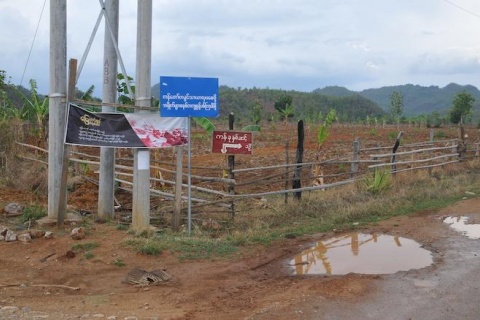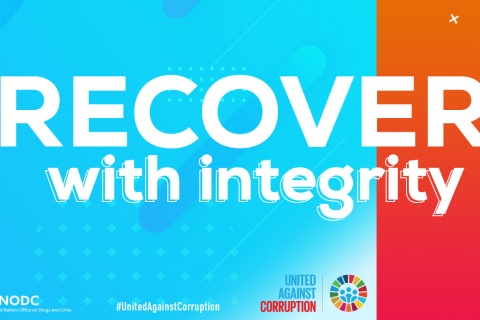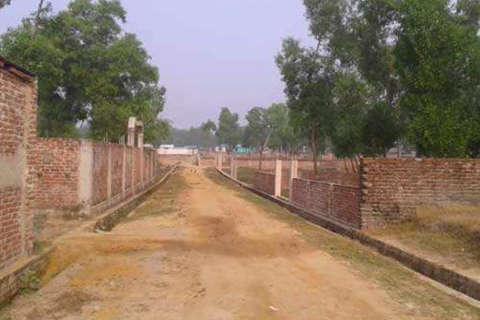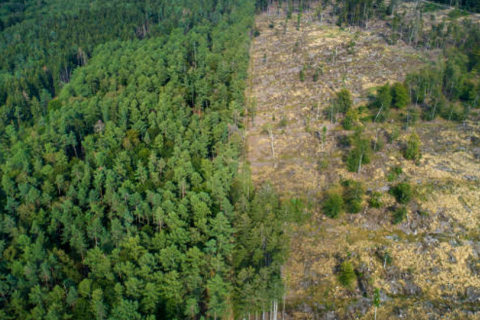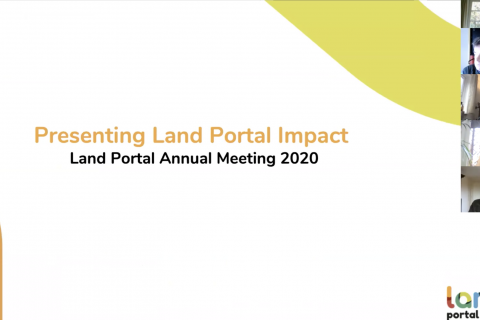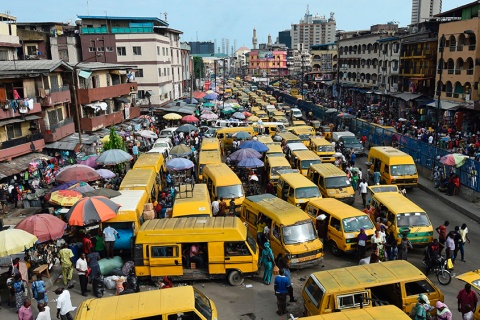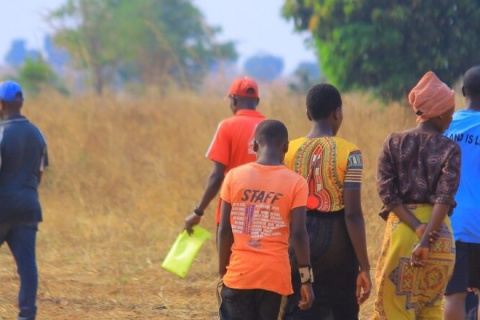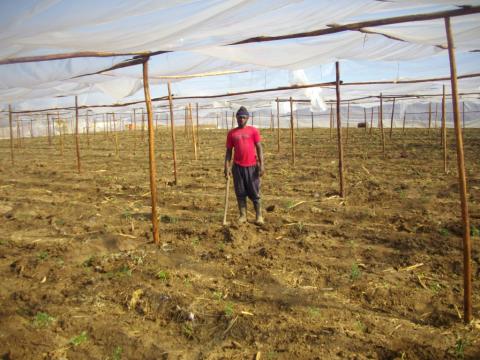Discover hidden stories and unheard voices on land governance issues from around the world. This is where the Land Portal community shares activities, experiences, challenges and successes.
 Follow our
Follow our
Sustainable Development Goals
Blog Series!
Interested in land corruption?
Follow our Land & Corruption Blog Series
for in-depth perspectives from the experts.
Issues
Geographical focus
From disaster capitalism to philanthro-capitalism to destruction of the very mangroves and shores which help protect Barbuda from storms and hurricanes
Yesterday, on International Human Rights Day, the Embassy of the Kingdom of the Netherlands announced that Saw Eh Say, the coordinator from the Kayah Earthrights Action Network (KEAN), received the 2020 Human Rights Tulip Myanmar Award for his great efforts to promote the right to land in Myanmar. The Human Rights Tulip is an annual award of the Dutch government for outstanding and courageous human rights defenders.
Corruption is the abuse of entrusted power for private gain, and corrupt practices in the context of land administration and land management have come to be known as ‘land corruption.’ Unfortunately, land corruption is all too common, with one in every five people across the globe paying bribes to access land services.
Blog by Monzur Hossain and Naoyuki Yoshino, reposted from the Financial Express, Bangladesh
Bangladesh is one of the most densely populated countries in the world but with a land-man ratio of 0.06 ha per person, it occupies the lowest rank. The increasing population begets an increasing demand for non-agricultural land which further contributes to an aberrant hike in land price. This obstructs investment opportunities and cuts down affordable housing facilities for the common people.
For centuries, people around the world in the continents of Asia, Africa, Oceania and Latin America have been living off the forests and other natural resources to sustain their livelihoods, their cultural practices and sometimes even religious rituals.
The global soybean trade was worth about 9.5 billion of US dollars in 2000. By the end of this year – in 2020 – it is projected to exceed 60 billion[1]. This is just one of the many figures that explains why the last two decades might be remembered as the Great Soybean Expansion, the period when soybean became one of the most traded commodities in the world – but also one of the most controversial.
Leon Verstappen, who is a professor of private law at the University of Groningen and deputy judge at the Court of appeals in The Hague, has stepped down as Chair of the Land Portal Board, a position he has held since the establishment of the Land Portal Foundation in 2014.
The parallels between Africa and China’s urbanisation trajectories could offer policymakers potential policy design lessons to learn from. For example, some of China’s recent successes in managing urbanisation, if adequately adapted to the unique and diverse African context, could potentially help the continent’s burgeoning city growth become more sustainable and equitable – but only with careful consideration of local circumstances.
A USAID brief, published to mark 16 Days of Activism against Gender-Based Violence, reveals important lessons from land rights registration activities in Zambia
Securing women’s land rights is an important global development goal and has been linked to significant gains in women’s economic empowerment and community development. At the same time, the process of documenting these rights can create resentment and increase conflict not only between spouses, but also within families and communities, often leading to gender-based violence.
The debate about compensation of former white farmers in Zimbabwe continues to rage. The compensation agreement signed in July agreed a total amount of US$3.5 billion to pay for ‘improvements’ to the land that was expropriated. After 20 years of discussion, this was a major step forward. However, there seem to be multiple positions on the agreement and little consensus, along with much misunderstanding. However, some things are happening, and a joint resource mobilisation committee has been established with technical support from the World Bank and others.


